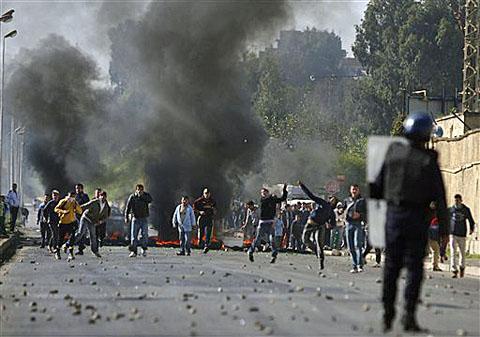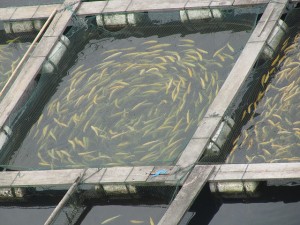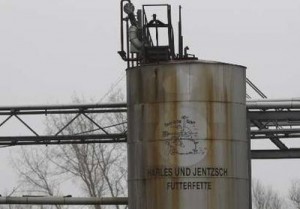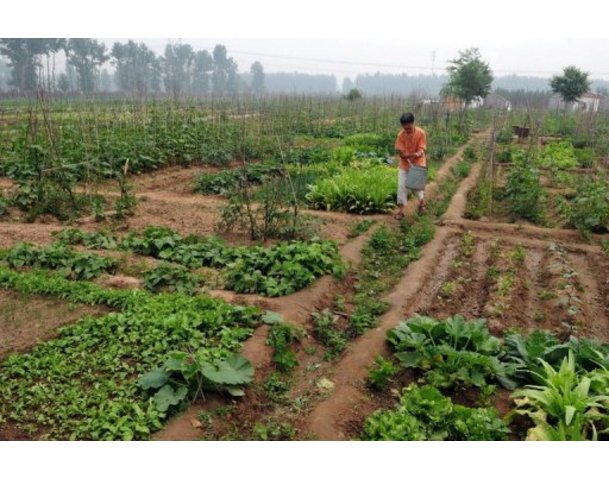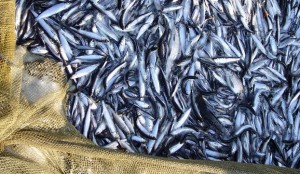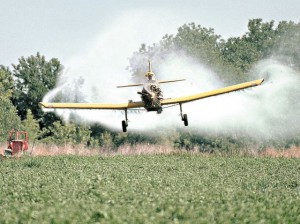“What are you so worried about?” goes the old comedy routine. “My future.” “What makes you so worried about your future?” “My past.” On this basis alone — what has happened in our world in the past few months — we should be very worried about our future. It does not matter if you are one of the 37 people remaining on the planet who do not “believe” in climate change, evolution or gravity (if you are in that select group, by the way, congratulations on your new Congressional committee chairmanship). If artillery shells are exploding in rapid succession, ever closer, you might want to take cover; we can discuss later whether you believe in high explosives. Continue reading
Another Day
You get up every day
expecting it to be just like the last one.
And then one day, just like that
It is the last one.
– Thomas A. Lewis, Tribulation
Categories
Subscribe via RSS
Subscribe via email
Find the Impact
Previous Impacts
Recent Comments
- Greg Knepp on About The Daily Impact
- Ken Barrows on We Have Met the (Climate) Enemy
- Greg Knepp on We Have Met the (Climate) Enemy
- Brutus on We Have Met the (Climate) Enemy
